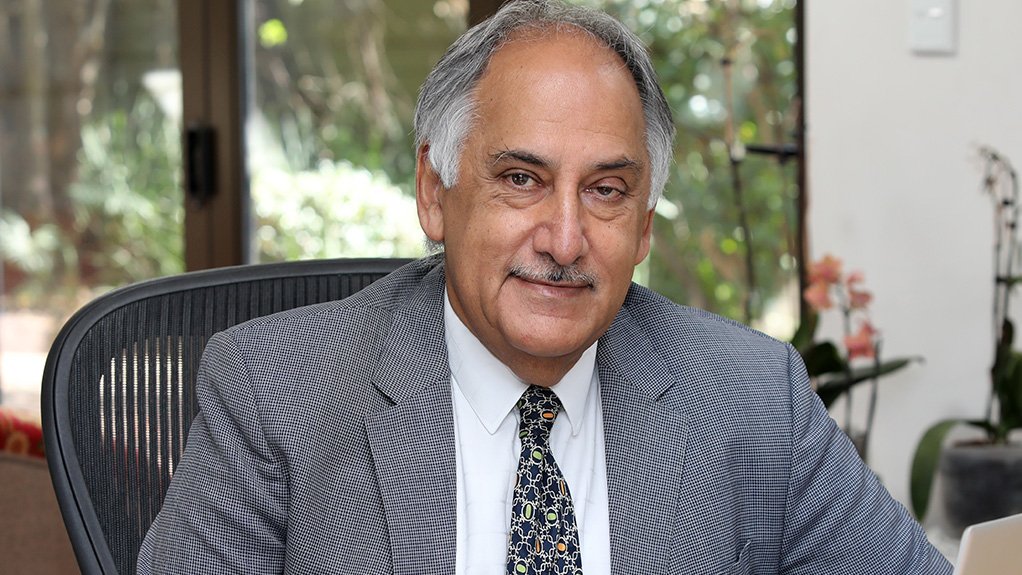The Presidency announced the postponement of the signing of the Second Presidential Health Compact to August 22, with Business Unity South Africa (Busa) stating its objection to the Compact.
The event was initially scheduled for Thursday.
The second Compact comes after the 2023 Presidential Health Summit, which was built on the 2018 inaugural summit that brought together a range of invested parties to develop sustainable and inclusive solutions to challenges in the national health system.
Busa CEO Cas Coovadia said the organisation could not support a policy that explicitly endorsed the National Health Insurance (NHI) Act in its current form, noting that it had written to the President Cyril Ramaphosa to express its concern.
Coovadia said the draft of the Compact that was shared with Busa promoted the NHI in its current form as the foundation underpinning healthcare reform.
He noted serious differences between business and government as to the appropriateness of the NHI Act.
“…let alone its feasibility as a legislative instrument to underpin universal health coverage,” he said.
Coovadia explained that Busa believed the NHI Act needed to be amended to ensure that the country was able to deliver healthcare reform and advance universal health coverage without damaging the economy and the existing skills, innovation, resources and experience that reside in the private healthcare sector.
“The country should be leveraging these resources to help design and support a system that is fit for purpose and that is able to benefit future generations,” he said.
Coovadia pointed out that business supported the 2018 Presidential Health Summit Compact, particularly its focus on immediate opportunities for health improvement, including strengthening supply chain management, health infrastructure planning, accountability, augmenting health system resources, as well as the principle of collaboration in healthcare delivery.
He explained that the references to NHI in the original Compact were minimal and only in the context of longer-term planning.
He alleged there had been no consultation on the updated wording that fundamentally transformed the Compact from health system strengthening to a focus on NHI implementation.
“…add to this the context of legal challenges around the NHI Act, and government’s recent public statements indicating an openness to engagement on the NHI, [which] makes it all the more bewildering that the Health Compact document has been unilaterally amended and altered in its essence,” he explained.
Busa said it was concerned that this was at the expense of immediate opportunities to expand and improve healthcare access.
Coovadia highlighted that while universal health coverage was supported, there were other ways to achieve it rather than implementing an “unaffordable, unworkable and unconstitutional” NHI, which he said was essentially a funding model that is “impractical, inequitable, and not feasible” in the South African context.
“Furthermore, it is putting the cart before the horse to sign and agree to a Compact when structured, formal discussions and engagement with government on the NHI, as a key pillar of universal health coverage, still need to take place,” said Coovadia.
EMAIL THIS ARTICLE SAVE THIS ARTICLE ARTICLE ENQUIRY
To subscribe email subscriptions@creamermedia.co.za or click here
To advertise email advertising@creamermedia.co.za or click here











